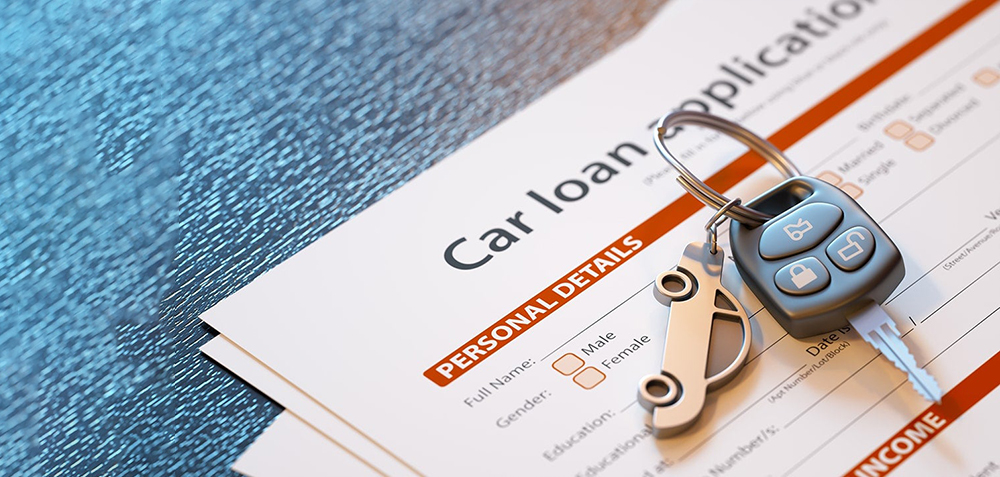Refinancing entails replacing your current loan with a new one with changed terms. There is no cost to refinancing your car unless the lender charges an application fee. Some portions of the process, such as retitling the automobile, may entail a price depending on where you live, but there is no set fee. Depending on how your initial auto loan was structured, specific borrowers may be required to pay early termination costs.
When purchasing a vehicle, some people put down a hefty down payment. Most people may have financed the entire cost of their vehicle. Others, on the other hand, may have been upside down on their previous vehicle and shifted some of the money owed on their old vehicle into their new vehicle loan. It would help to consider your current loan balance when refinancing your auto loan today. While some lenders may be ready to finance 100% or more of the sales price on a car purchase, most lenders will not finance 100% of the vehicle's current value on a refinance loan.
Refinancing a car is not for everyone, and determining when to refinance can be difficult. In other cases, the benefits of refinancing may be limited or non-existent. For example, if you have a bad payment history on your present loan or are close to paying it off, refinancing may not be advantageous.
However, there are situations when refinancing your car can be advantageous. For example, if any of the following scenarios apply to you, you might consider refinancing your car.
Your Monthly Payment Is Costly
Refinancing your car may be beneficial if your monthly payment is too high. A lower interest rate can reduce your monthly payment, but it may not be enough to make a significant impact. Extending the term of your loan can have a more substantial effect on lowering your monthly payment. A longer term, on the other hand, increases the amount of interest you'll pay over the life of the loan.
Interest Rates Have Fallen
If you purchased your car when loan rates were high, refinancing it can save you money, possibly more than you know. If you do not extend the duration of your loan, a 2% to 3% reduction in interest rates could save you hundreds. For example, an auto car loan calculator for auto financing in Canada can show you how interest rates affect your monthly payment and the total amount of interest you could pay.
You Did Not Shop Around For Rates At First
You may have overpaid if you obtained your original loan from the car dealer. Buyers do not always check their credit score or investigate interest rates before going to the dealership, and as a result, their loan terms may have suffered. However, if you accepted the loan offer from the dealership without first researching your options, you may not have gotten the best bargain.
Your Credit Score Has Improved
A lender considers your credit score as one of the primary variables in deciding loan acceptance and credit terms. For example, if you financed your car with a bad credit score, refinancing could earn you a better interest rate or possibly lower your payments.
Refinancing your auto loan usually costs you time. Most of the time, it saves you money. Car loans, unlike other types of finance, rarely have prepayment penalties. Instead, choose paperless billing and automatic payment options to get an even cheaper interest rate.





